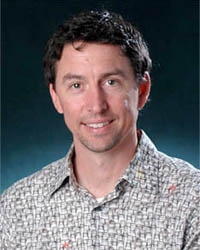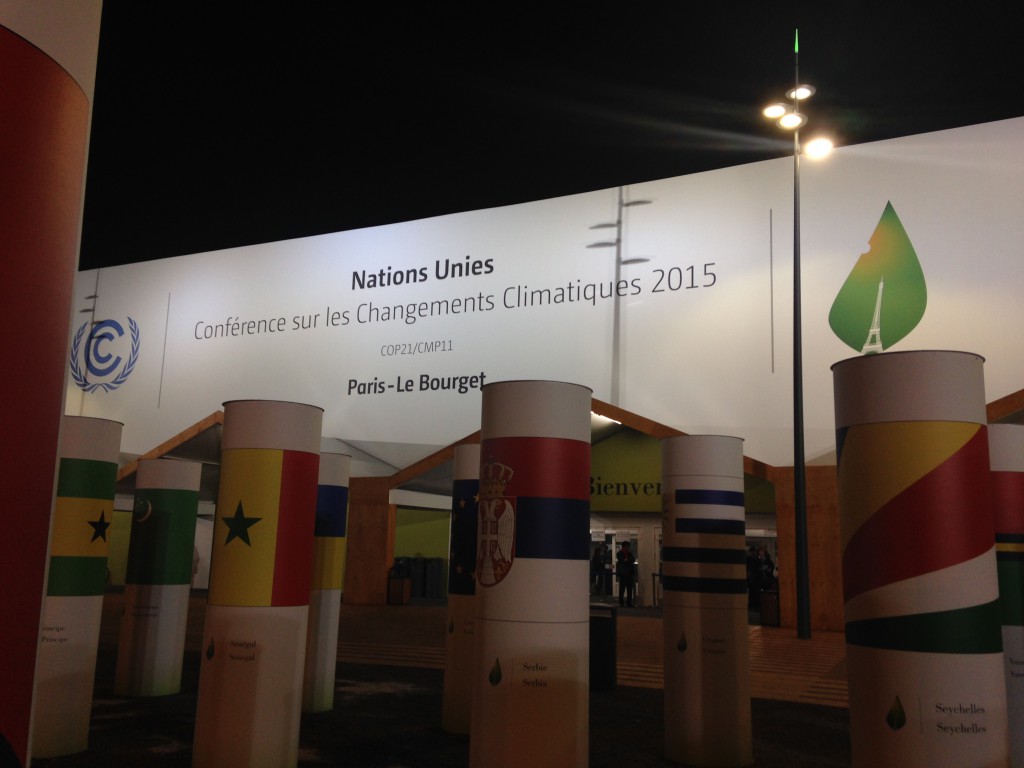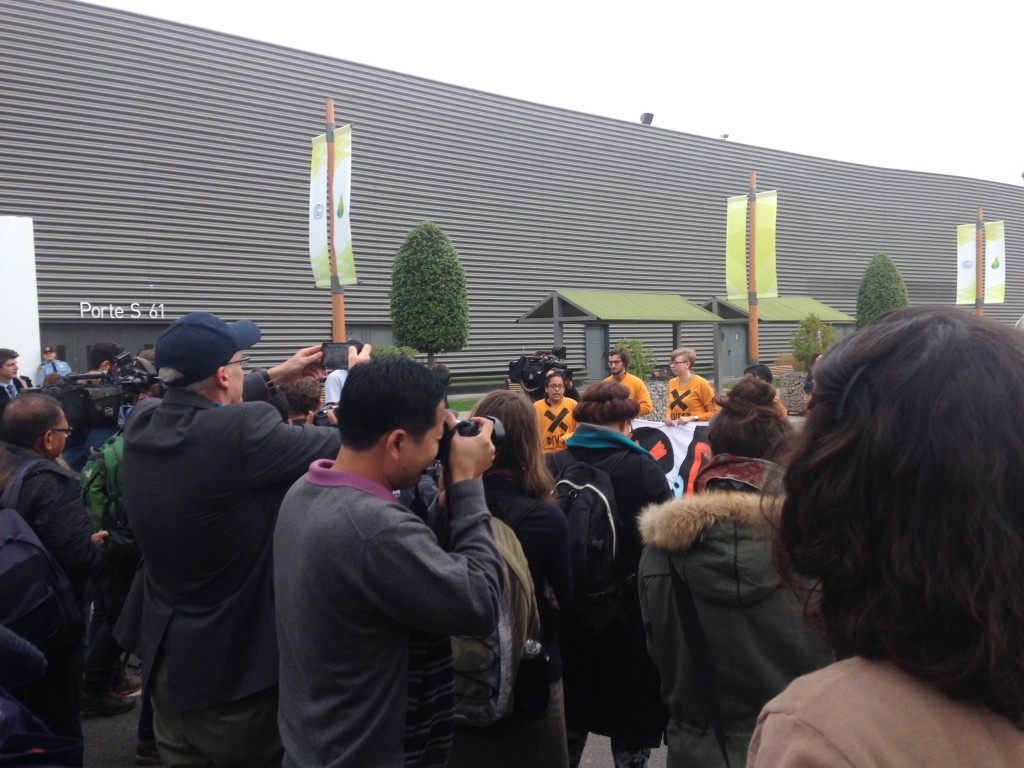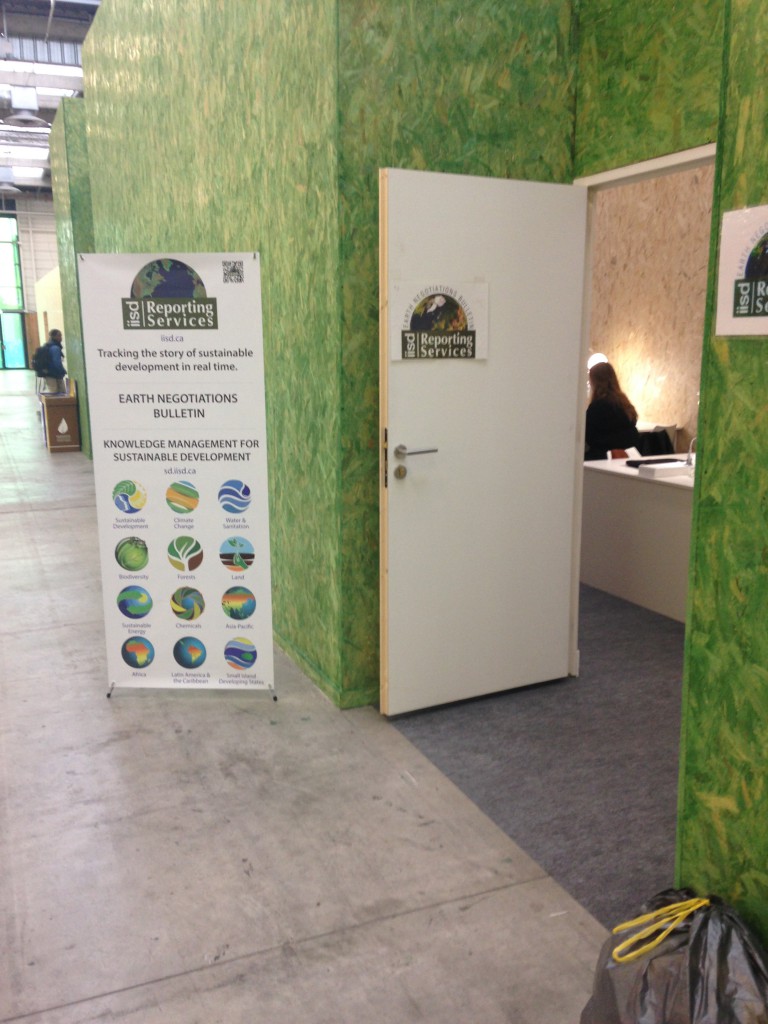
Do you need a ticket to COP21 in order to get the full story of what goes on? A week ago in Bilbao Spain, this provocative question was posed by Dr. Unai Pascual to a discussion group at the Basque Center for Climate Change. Unai’s question is an open one I’ve pondered in the lead up to the Paris round of negotiations and something I ask you to consider now.
Attending talks, observing negotiations, meeting with co-workers, researching and learning about new topics are all important dimensions of COP21 participation. However for those who aren’t attending COP21, media outlets are usually the way to go. From Europe alone, media actors from BBC to France24 to The Guardian and El Mundo – seemingly populate every part of the sprawling venue in Le Bourget. See Chris Russell’s good commentary of media resources ‘on the ground’ at Paris COP21
Relying on your trusted sources in mainstream media can help sate your appetite for understanding big issues. Layer on good resources like IISD Reporting Services Earth Negotiations Bulletins the climate change policy & practice listserv and Climate Action Network Media Briefings and you’ve got a substantial entrée to main actions and attractions unfolding. Going further, following tweets from inside and around the summit, you may start to feel quite full as the first two weeks of December pass.

This is only a start: you can add toppings of Facebook posts from Associated Press, New York Times, Democracy Now, Deutsche Welle, EuroNews, Reuters until you’re overstuffed.
A clear advantage as we attend to our daily demands and responsibilities in these December days – is that media actors are working hard to help us all make sense of the complexities of the climate. Journalists can unpack concepts such as “mitigation”, “adaptation”, “Green Climate Funds”, “loss and damage,” “REDD+” and more. They investigate so you don’t have to. However, while these media representations link us to these critical issues being negotiated in Paris, we can still recognize the mainstream media’s limits.
The media, by their nature, inevitably privilege certain story lines over others. Through decisions made at various levels of the media hierarchy, media actors –journalists, publishers, editors, bloggers etc – shape narratives on climate change. This occurs through the application of journalistic norms and values within a larger landscape of political, economic, environmental, and cultural pressures.
With so much occurring at any one time at the Paris Summit: a large and potentially world-changing event, media consumers can generally only access ‘climate stories’ media actors select from the steady stream of events. As such, television and radio broadcasts, print stories and online posts do not simply inform, they help the public make sense about what are today’s (and tomorrow’s) climate challenges.

Which stories are selected and which are excluded has consequences. Local Parisian philosopher Jacques Derrida once talked of how one must critically examine how portrayals not only gain traction in discourses, but also how those who are absent become effectively marginalized and silenced. There are an estimated 40,000-45,000 participants here in Paris. That is approximately the capacity of Hamburger SV’s Imtech Arena. Yet, instead of this being a venue of spectators watching a few dozen athletes perform (and make the news on the pitch), this is a place filled with content producers, story-makers and tellers.

Talking this morning with colleague Phaedra Pezzullo, she noted how the
pace of events here easily can outpace the speed of reporting, even in this hyper-fast new and social-media dominated age. You can read Phaedra’s blog posts on COP21 here. There are many more stories at COP21 than capacities to report them. Media at COP21 seek to provide first drafts of history in these privileged spaces of Paris. In that context, we need to all be critically engaged as we learn from as well as question these media accounts; our collective future depends on such critical engagement.